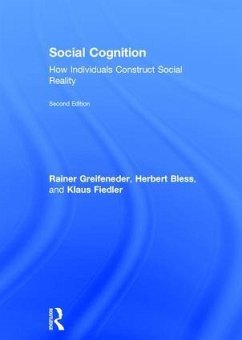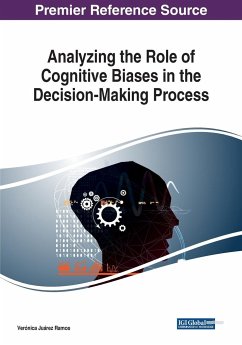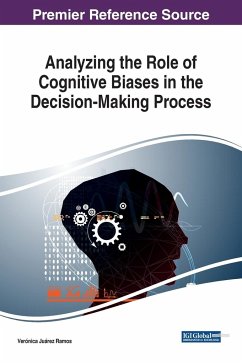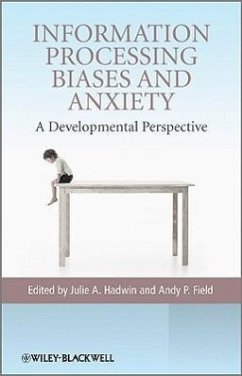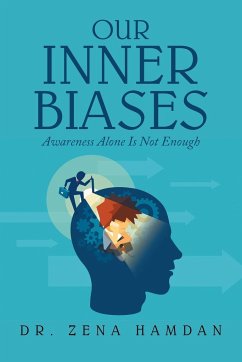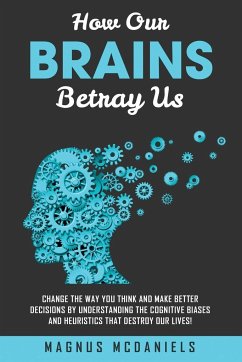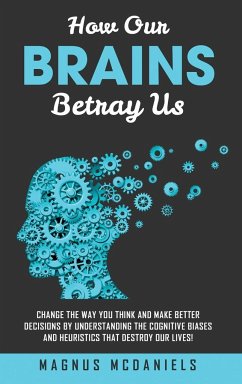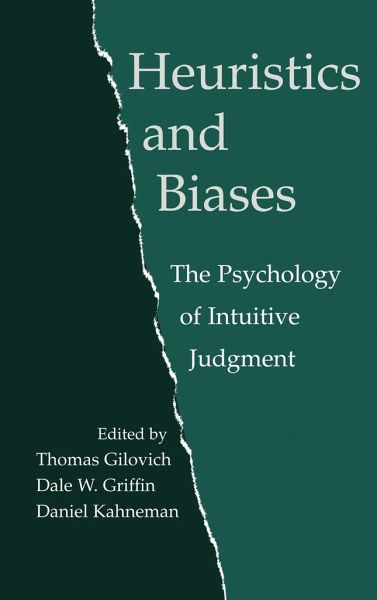
Heuristics and Biases
The Psychology of Intuitive Judgment
Herausgeber: Gilovich, Thomas; Kahneman, Daniel; Griffin, Dale W.
Versandkostenfrei!
Versandfertig in 1-2 Wochen
195,99 €
inkl. MwSt.
Weitere Ausgaben:

PAYBACK Punkte
98 °P sammeln!
Is our case strong enough to go to trial? Will interest rates go up? Can I trust this person? Such questions - and the judgments required to answer them - are woven into the fabric of everyday experience. This book examines how people make such judgments. The study of human judgment was transformed in the 1970s, when Kahneman and Tversky introduced their 'heuristics and biases' approach and challenged the dominance of strictly rational models. Their work highlighted the reflexive mental operations used to make complex problems manageable and illuminated how the same processes can lead to both ...
Is our case strong enough to go to trial? Will interest rates go up? Can I trust this person? Such questions - and the judgments required to answer them - are woven into the fabric of everyday experience. This book examines how people make such judgments. The study of human judgment was transformed in the 1970s, when Kahneman and Tversky introduced their 'heuristics and biases' approach and challenged the dominance of strictly rational models. Their work highlighted the reflexive mental operations used to make complex problems manageable and illuminated how the same processes can lead to both accurate and dangerously flawed judgments. The heuristics and biases framework generated a torrent of influential research in psychology - research that reverberated widely and affected scholarship in economics, law, medicine, management, and political science. This book compiles the most influential research in the heuristics and biases tradition since the initial collection of 1982 (by Kahneman, Slovic, and Tversky). The various contributions develop and critically analyze the initial work on heuristics and biases, supplement these initial statements with emerging theory and empirical findings, and extend the research of the framework to new real-world applications.
Table of contents:
Part I. Theoretical and Empirical Extensions; Part II. New Theoretical Directions; Part III. Real World Applications.
Judgment pervades human experience. When do people make judgments that serve them well, and why are they accurate in these situations? When are people's judgments prone to bias, and what is responsible for their biases? This book compiles psychologists' best attempts to answer these important questions.
This book compiles psychologists' best attempts to answer important questions about intuitive judgment.
Table of contents:
Part I. Theoretical and Empirical Extensions; Part II. New Theoretical Directions; Part III. Real World Applications.
Judgment pervades human experience. When do people make judgments that serve them well, and why are they accurate in these situations? When are people's judgments prone to bias, and what is responsible for their biases? This book compiles psychologists' best attempts to answer these important questions.
This book compiles psychologists' best attempts to answer important questions about intuitive judgment.





